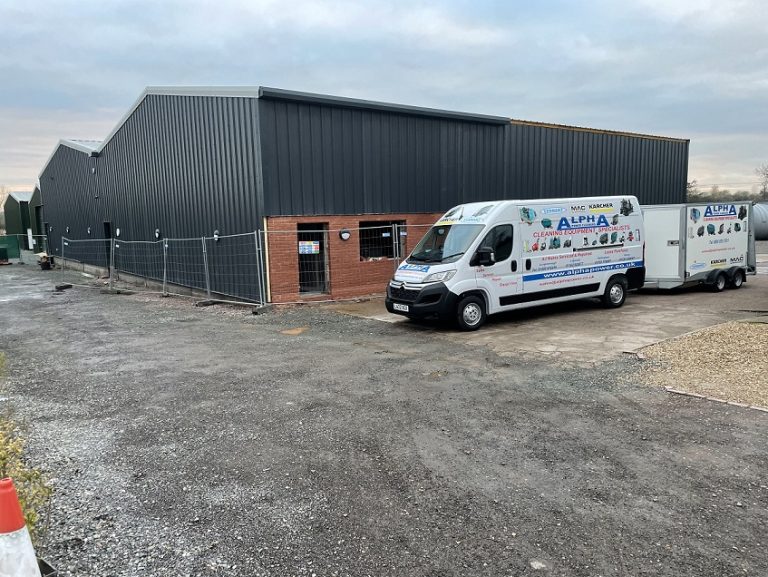New Derby centre for sustainable tech business
Local companies support the most vulnerable this winter
Dr. Martens CEO “pleased” with half year results
“Our growth is built on the successful execution of our DOCS strategy, led by the DTC-first approach, with DTC revenue up 21%. At the heart of our continued success is the strength of our brand, highlighted by underlying pairs growth and continually improving brand metrics. We have further pricing headroom for AW23 so we will offset cost inflation once again.
“Although there are economic challenges ahead, we are well positioned for future growth. We will continue to drive growth investment to deliver the DOCS strategy, mainly in new stores, marketing, people, technology and inventory. Reflecting our confidence in the future, our balanced global revenues and our strong balance sheet, the board has decided to increase the interim dividend by 28% to 1.56p per share.”
One in four small firms plan to close, downsize, or restructure if energy bills relief ends in April next year
· Continue support under the current EBRS to avoid a cliff edge on April 1, 2023;
· Consider the size, not just sector or geography, of firms when determining which businesses are vulnerable, and therefore entitled for further support;
· Maximise planning certainty over the long-term so that small businesses can plan ahead; and
· Help small businesses to invest in energy efficiency, through incentives like voucher schemes
FSB development manager, Natalie Gasson-McKinley, said: “Our research indicates that small firms are being held back from investment and are at the brink of collapse because of sky-rocketing energy costs. It’d be a real shame and great loss to our economy if those who managed to get through the pandemic and this tough winter with government support end up closing their businesses because relief ends too sharply in April. “Latest OECD forecasts suggest the UK economy will suffer the biggest hit from energy crisis among G7 nations. But the tides can be turned if the government extends the period of energy support to struggling small businesses after the EBRS ends in April next year. “It’s important that the government provide certainty to small firms for the long-term as they can’t plan on a six-month horizon. “Think of the engineering business in Hampshire which 40 local families are dependent on, and the independent launderette that has been serving the community for years. To allow well-run businesses to go under would be a false economy as we enter a recession. “Business size must be taken into account as a relevant factor in the government review of the EBRS, given the stark impact on small firms which have typically lower margins and are least able to deal with the rising costs. It can’t be a purely sector-based decision, otherwise it’ll lead toThird annual survey highlights challenges facing SMEs
Gateley hails “strong” six months
The board of Gateley, the legal and professional services group, is “pleased with the strong performance” of the group in the six months ended 31 October 2022.
According to a trading update ahead of Gateley’s half year results, revenue has grown by 22% and is expected to be not less than £76 million.Underlying adjusted profit before tax meanwhile has grown by 11% and is expected to be not less than £9.4 million for the period.
Rod Waldie, Chief Executive Officer of Gateley, said: “In a period that included previously announced investment to strengthen our operating model and some predicted and appropriate post-pandemic increases in operating costs, our resilient business model, enhanced by an increasing range of complementary services, and our embedded ‘one-team’ culture, remain the driving forces behind another strong financial performance by the group.
“On behalf of the board, I would like to thank our clients for their support and our dedicated people for their ongoing hard work, commitment and can-do attitude.
“We are excited by the wide range of opportunities that are presenting themselves to the group and look forward to continuing to grow the business, both organically and via acquisition, in line with our stated strategy.”
Leicester reviews platform acquired by US firm
New life for Grimsby building
Motorpoint sees record first half revenues while pre-tax profit slips with increased investment
Alpha Power Cleaners expand with new warehouse and workshop in Loughborough













